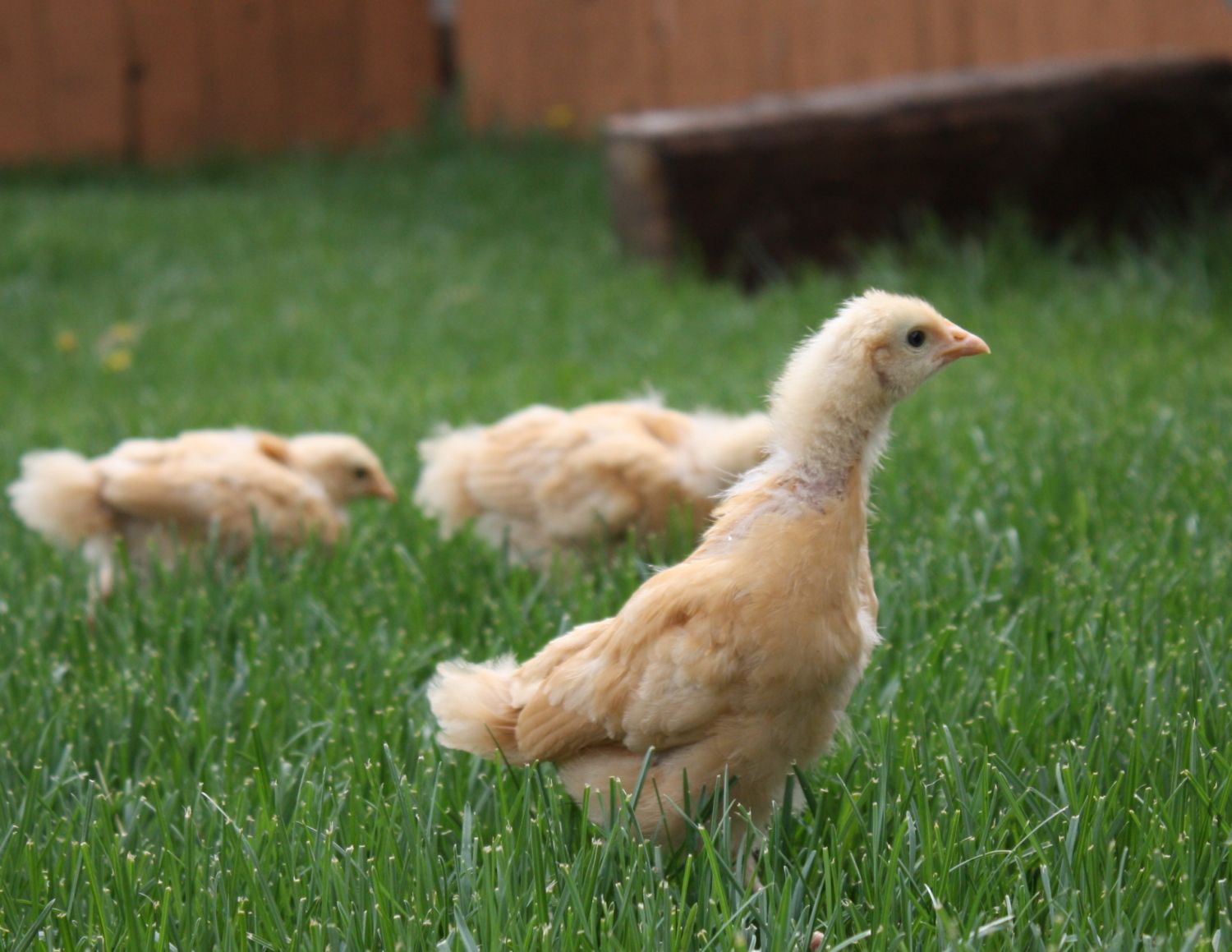- Thread starter
- #221
I found this Elk Horn Sumac seedling growing in my backyard this spring so I thought that I would transplant it to a better location. I potted it up but the pullets and the ducks kept stripping the fresh growth from it. So I put it on a 5 gallon bucket and hoped for the best. Well now after a few weeks and some good growth, I think that this poor little seedling just might make it.
Its now just high enough that the flock is leaving it alone.....they look at it each day...but now they leave it alone.

Its now just high enough that the flock is leaving it alone.....they look at it each day...but now they leave it alone.

Last edited:









